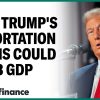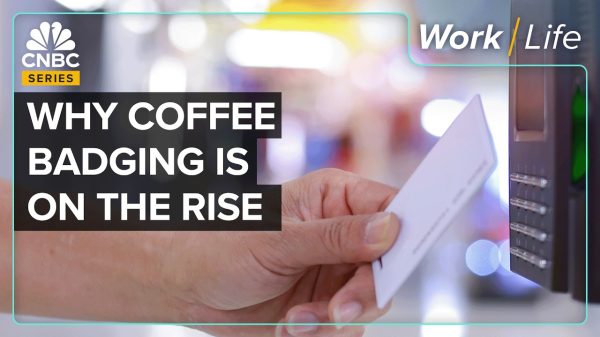Auto sales in Europe still look strong, but the underlying profit fundamentals are deteriorating fast, not helped by electric cars failing to meet expectations.
In particular, Volkswagen and Mercedes are under pressure, but BMW is fending off the stresses.
European Automotive Manufacturers Association data looks healthy, but behind the numbers, negatives are building. In October 2023, EU car sales rose 14.6% to 855,484, although the biggest market, Germany, rose only 4.9% compared with the same period last year.
The outward signs of success mask a weakening environment. Supply chain interruptions have been repaired, and new cars are hitting markets thick and fast. This is forcing down prices and will hit industry profit margins later this year and next. Western Europe, including the five biggest markets of Germany, France, Britain, Italy and Spain, is still wracked by inflation and high financing costs.
Overall annual sales across Western Europe were running at an annual rate of 13.6 million in October, according to GlobalData. This is about 3 million under 2019’s pre-Covid level.
Mercedes and Volkswagen are having a hard time selling electric vehicles. VW cut shifts from its Zwickau all-electric plant’s ID.3 and Cupra Born production after temporarily halting the Audi A4 E-tron output, ID.4 and ID.5 in October. VW warned that its profits were coming under pressure.
Mercedes, complaining about a “brutal” price war in electric vehicles as demand lags with the weakening economy, cut its profit forecast to the lower end of its previous expectations of 12 to 14%. In the U.S., Mercedes reportedly offers discounts of up to $10,000 to sell its electric vehicles.
HSBC Global Research was concerned about Mercedes’ “continuing and ongoing” margin decline. This was related to Mercedes electric car sales falling short of targets, which could continue next year.
“We think the underlying weakness in (Mercedes) BEV demand could persist, especially in the lull ahead of the launch of a swathe of new models starting at the end of next year,” HSBC Global Research said in a report.
BMW fended off the problems, reporting higher profit margins in the third quarter following strong demand for its electric cars. Porsche said luxury markets were not immune to inflation and higher interest rates.
Bernstein Research said the outlook for the current quarter looked increasingly poor and for 2024, too, in a report on EU Autos.
“Key sources of demand support – pent-up demand, order books, and low inventories – have started to fall away in every market, just as key headwinds such as higher financing requirements, lower residual value gains, and end-of-year supply chain compensation have started to hit. For most of our covered (manufacturers), this largely translates into lower revenues and margins for Q4/23 and greater uncertainty for the first half of 2024,” Bernstein said.
Manufacturers’ pricing discipline was starting to waver, with EV sales particularly impacted.
“Mass-market (manufacturers) have maintained a surprising degree of incentive discipline. However, with order books now sharply trending towards the two to three-month mark in Europe and increasingly negative commentary from (manufacturers) over Q3/23 earnings, we expect to see a pick-up in discounts. For now, EV demand in the West seems to have taken the brunt of this impact,” according to Bernstein.
Investment bank UBS agreed with the scenario that current solid sales are about to be overwhelmed by underlying forces. Sales in the top 5 European markets rose 14% in October, while year-to-date orders were often in negative territory, with France down 12% and Germany down 21%.
“EV demand remains under pressure, with a plateauing share at 21% since August,” UBS said in a report.
UBS said downward pressure on 2024 manufacturers’ earnings per share was increasing.
Germany’s automotive industry fears the economy is worsening, but maybe not for long.
“Companies in Germany’s automotive industry rate their current business situation as significantly worse than in the previous month,” the IFO Institute said in its November report.
“Expectations for the coming months, however, improved a little, although they are still very low,” the IFO said.
Read the full article here













